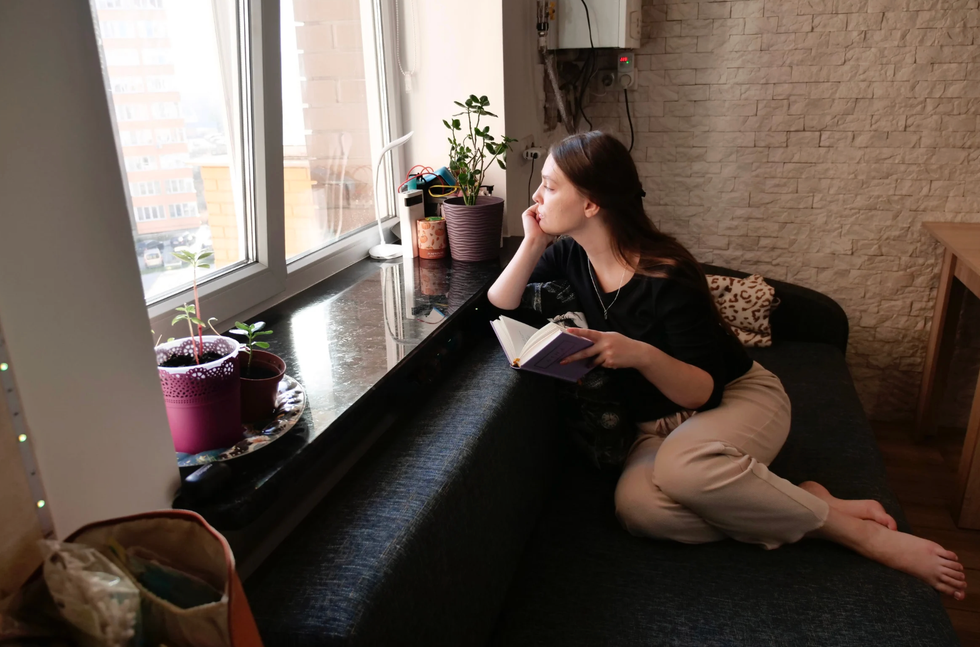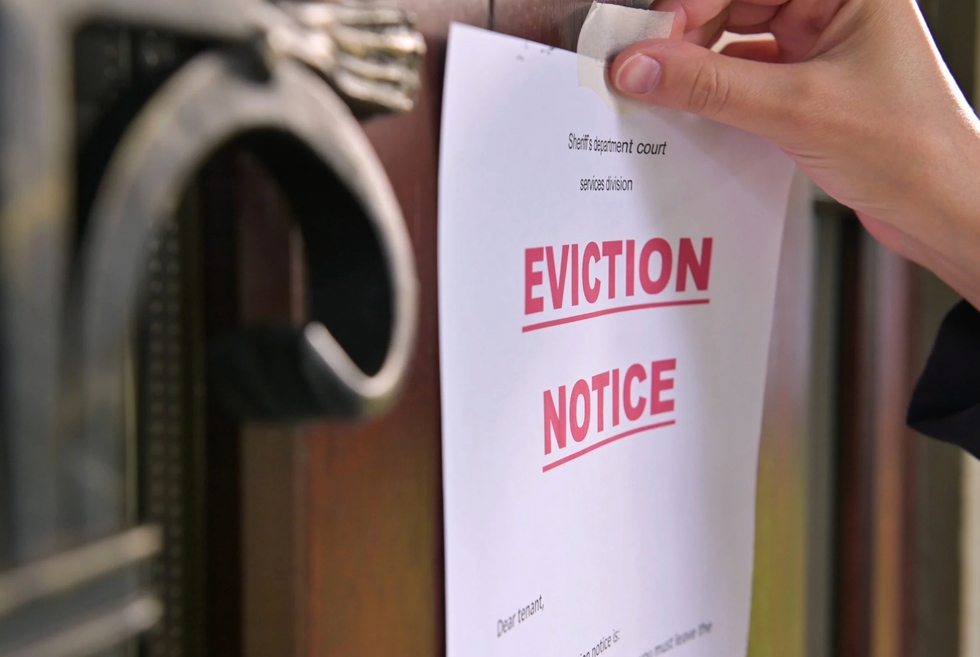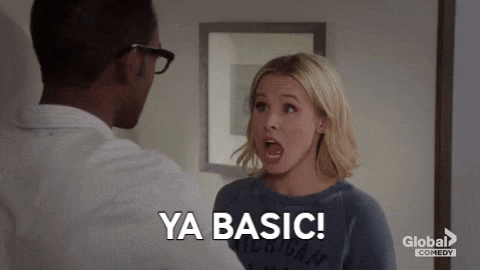Before Monday night’s preseason game between the Cleveland Browns and the New York Giants, a dozen Browns players kneeled and raised a fist during the singing of the national anthem. Five additional Browns offered support by placing a hand on the shoulder of a kneeling teammate, though they remained standing.
If NFL owners thought the de facto exiling of Colin Kaepernick — who took a knee at the start of the 2016 NFL season and kicked off a wave of anthem protests — would stem the tide of players speaking out against systemic racism, it hasn’t worked. If anything, Kaepernick’s absence has only spurred others to take up his cause.
Seth DeValve, a white player heading into his second season with the Browns, said that while the United States remains “the greatest country in the world,” that does not detract from the root biases that make the protests necessary and just.
"The issue is that [the U.S.] doesn’t provide equal opportunity to everybody,” he said. “And I wanted to support my African-American teammates today who wanted to take a knee. We wanted to draw attention to the fact that there’s things in this country that still need to change.”
DeValve marks the second white NFL athlete to join African-American teammates this preseason protest, though Megan Rapinoe, a member of the U.S. Women’s National Team, protested while playing for the Seattle Reign of the National Women's Soccer League in September 2016 and before a match against Thailand. (She was forced to curtail the protests after the U.S. Soccer Federation passed a bylaw that forced players to stand for the anthem.)
Chris Long, a white defensive end with the Philadelphia Eagles, similarly wrapped his arm around his teammate safety Malcolm Jenkins, whose fist was raised in the air, before Thursday’s game. For Long, who grew up in Charlottesville, the events of Aug. 12 and 13, in which white supremacists chanted anti-Semitic slogans while wielding weapons and wearing body armor and where one counter-protester was killed in an act of domestic terrorism, rendered moot all questions as to why athletes would protest.
Via CSNPhilly:
“I’ve heard a lot of people say, ‘Why do athletes get involved in the national anthem protests?’ I’ve said before that I’ll never kneel for an anthem because the flag means something different for everybody in this country, but I support my peers. If you don’t see why you need allies for people that are fighting for equality right now, I don’t think you’ll ever see it.”
Long, in addition to the Oakland Raiders’ Derek Carr, who is also white, and Marshawn Lynch, who said he’s been seated while the anthem played for the entirety of his 11-year career, have responded to the pleas of Michael Bennett, the Seattle Seahawks defensive end, who noted that placing the burden of protesting entirely on the shoulders of African-American athletes blunted its impact. “It would take a white player to really get things changed because when somebody from the other side understands and they step up and they speak up about it,” Bennett said on Aug. 16, prior to Long, Carr, and DeSalve’s acts of solidarity. “It would change the whole conversation.”
The protests are growing and, according to former NFL linebacker Bart Scott, will only continue to grow, as the cause is being taken up by players the NFL can’t dump en masse, which is important. The reasons Kaepernick and others originally took a knee was somewhat overshadowed by zero-sum “debates” over whether Kaepernick was insulting America’s armed forces and/or the police. Concerns were also raised whether their actions would drive swarms of fans to abandon the NFL altogether — the answer to which has been a definitive “no.” These kinds of discussions have been screamed about and parsed, both on-air and online, for over a year, allowing pundits and fans to largely avoid discussing the reasons Kaepernick and others were protesting to begin with.
Specifically, the rates in which people of color suffer violence at the hands of police and the inability of law enforcement to treat those cases in an equitable and just manner. That cause is still being upheld by Kaepernick himself and will continue regardless of whether he ever secures another gig in the NFL. “Drawing attention” to the problem, as DeSalve stated, is all well and good, but Kaepernick has donated millions, and the “Know Your Rights” camps he’s led for children are dedicated to teaching them about civil rights and offering access to both nutritional and job training programs. The Smithsonian announced it will add Kaepernick’s jersey and shoes to the museum’s exhibit on the Black Lives Matter movement. And, on Saturday, Kaepernick attended a rally with 75 current and retired New York City police officers, including famed whistleblower, Frank Serpico.
According to Sgt. Edwin Raymond, one of the rally’s organizers, Kaepernick is being “railroaded” by the NFL because he dared to buck not just the NFL, but the long-standing prejudices that pervade all facets of American society.
“What Colin Kaepernick did is try to bring awareness that this nation unfortunately has ignored for far too long,” Raymond said in the New York Daily News. “And that’s the issue of racism in America and policing in America. We decided to gather here today because of the way he’s being railroaded for speaking the obvious truth.”

















 Tow truck towing a car in its bedCanva
Tow truck towing a car in its bedCanva  Sad woman looks at her phoneCanva
Sad woman looks at her phoneCanva  A group of young people at a house partyCanva
A group of young people at a house partyCanva  Fed-up woman gif
Fed-up woman gif Police show up at a house party
Police show up at a house party 
 A trendy restaurant in the middle of the dayCanva
A trendy restaurant in the middle of the dayCanva A reserved table at a restaurantCanva
A reserved table at a restaurantCanva Gif of Tim Robinson asking "What?' via
Gif of Tim Robinson asking "What?' via 

 An octopus floating in the oceanCanva
An octopus floating in the oceanCanva


 A woman relaxes with a book at homeCanva
A woman relaxes with a book at homeCanva An eviction notice is being attached to a doorCanva
An eviction notice is being attached to a doorCanva Gif of Kristen Bell saying 'Ya basic!' via
Gif of Kristen Bell saying 'Ya basic!' via